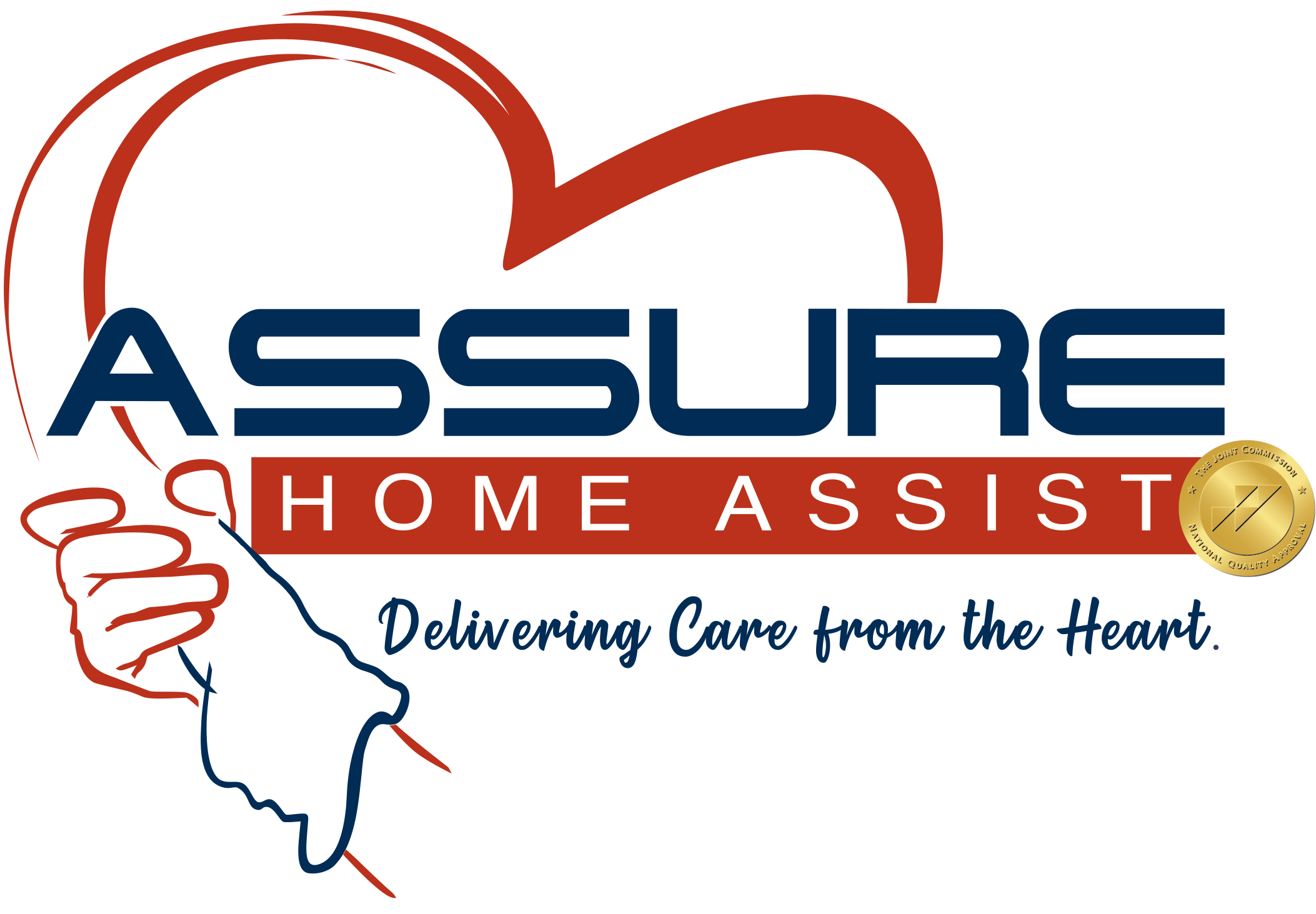When a senior with Alzheimer’s or dementia is discharged from the hospital, going home may seem like a relief—but for families and caregivers, it often marks the start of a whole new set of challenges.
Cognitive impairments like memory loss, confusion, and agitation can intensify after a hospital stay. Pair that with the stress of recovery, unfamiliar surroundings, and the risk of complications, and you have a vulnerable moment where specialized home care support can make all the difference.
In this post, we’ll explore:
- ✅ Why post-hospitalization is a critical period for dementia patients
- ✅ The benefits of home care services for Alzheimer’s patients
- ✅ How professional care reduces stress for family caregivers
- ✅ What to look for in a home care provider after discharge
🚨 The Critical Risk After Hospital Discharge for Dementia Patients
Hospital stays often cause delirium, disorientation, and rapid cognitive decline in seniors with dementia. After discharge, they’re more likely to:
- Forget medications
- Struggle with daily routines
- Fall or get injured
- Become agitated due to environment changes
- Be readmitted within 30 days
That’s why families need more than just basic recovery instructions—they need a comprehensive home care plan tailored to dementia-related needs.
🧠 How Home Care Helps Alzheimer’s & Dementia Patients After Hospitalization
1. Familiar Routines = Faster Recovery
Returning to a structured, familiar environment can reduce confusion and anxiety. Home care professionals ensure routines for meals, sleep, and medication stay consistent—providing stability that accelerates healing.
2. Medication Management
Patients with cognitive decline may forget doses or mix up prescriptions. A trained home care aide can ensure medications are taken on time and safely, reducing risk of complications or hospital readmission.
3. Mobility & Fall Prevention
Dementia patients are at high risk of falls, especially after surgery or illness. In-home caregivers assist with walking, bathing, and transferring—helping them stay safe and confident.
4. Emotional Support & Companionship
Alzheimer’s patients often experience mood swings, fear, or loneliness. A home caregiver offers patient-centered emotional support, helping ease agitation and providing familiar interaction.
5. Cognitive Engagement
Caregivers can incorporate gentle, mind-stimulating activities like memory games, music therapy, or simple crafts—keeping the brain engaged during recovery.
👨👩👧 How It Helps Family Caregivers
When your loved one comes home from the hospital, you want to be there for them. But juggling work, errands, and personal responsibilities can be overwhelming—especially if dementia care is new to you.
Home care gives you:
- 🧘 Peace of mind that your parent is in safe hands
- 🧑⚕️ Guidance on how to support their cognitive needs
- 🕒 Flexibility to take breaks without feeling guilty
- 💬 Professional updates on their progress and needs
You don’t have to do it alone—and you shouldn’t have to.
🏥 What to Look for in a Post-Hospitalization Home Care Provider
Choose an agency that offers:
✔ Specialized dementia care training
✔ Coordination with your hospital’s discharge team
✔ Personal care (bathing, hygiene, dressing)
✔ 24/7 support or flexible hourly plans
✔ Companionship and cognitive stimulation programs
At [Your Home Care Brand Name], we understand the unique challenges of bringing home a loved one with Alzheimer’s or dementia. That’s why our caregivers are trained in compassionate, dementia-informed post-hospital care—helping your loved one recover safely while giving you the support you deserve.
💬 Ready to Make the Transition Home Easier?
If your loved one is coming home from the hospital and needs specialized memory care, we’re here to help.
📞 Contact us today for a free consultation or to learn more about our Home Care After Hospital Discharge Program.
Email: info@assurehomeassist.com
Phone Number: (224) 207-7550





No responses yet